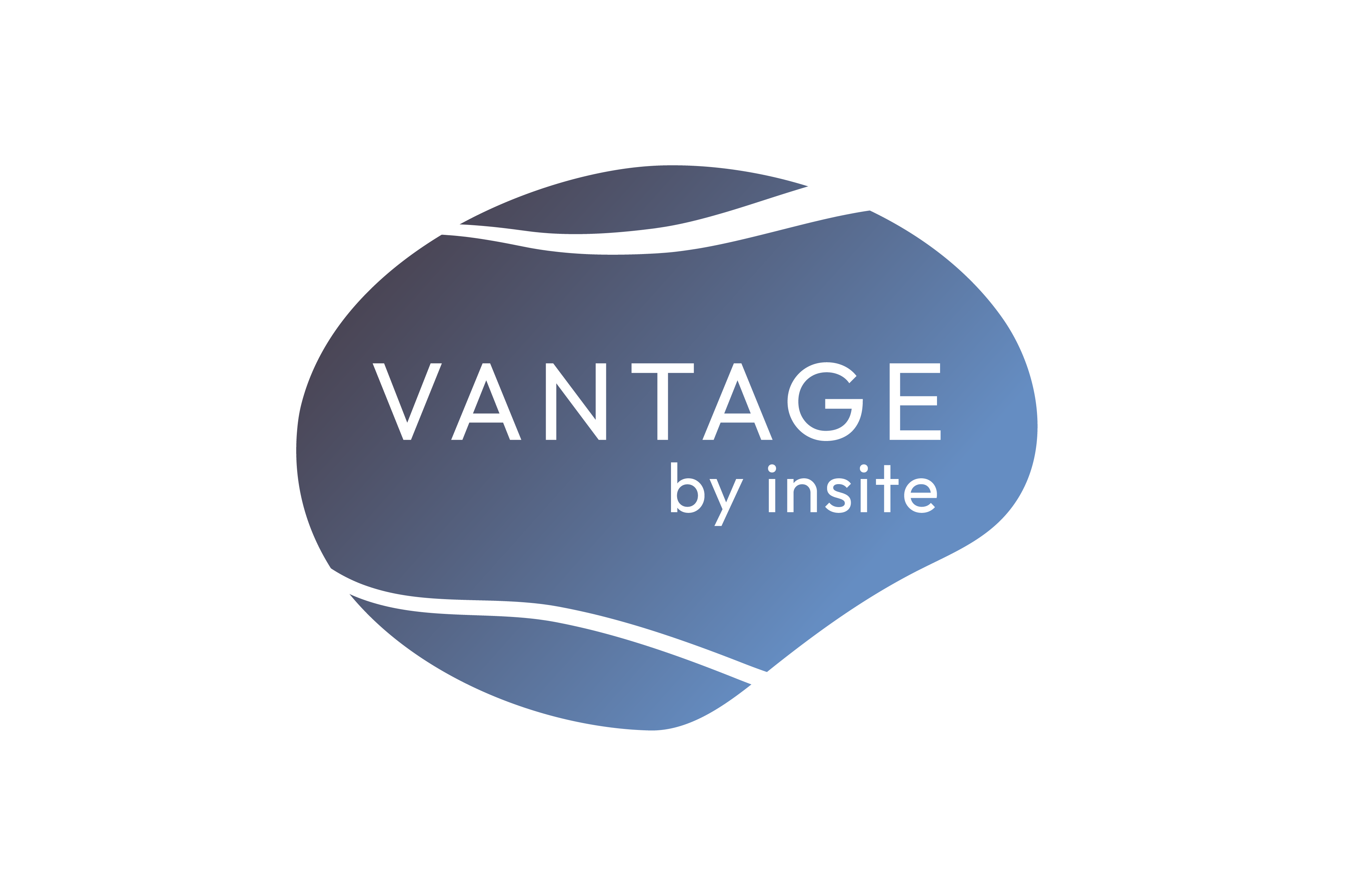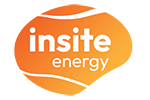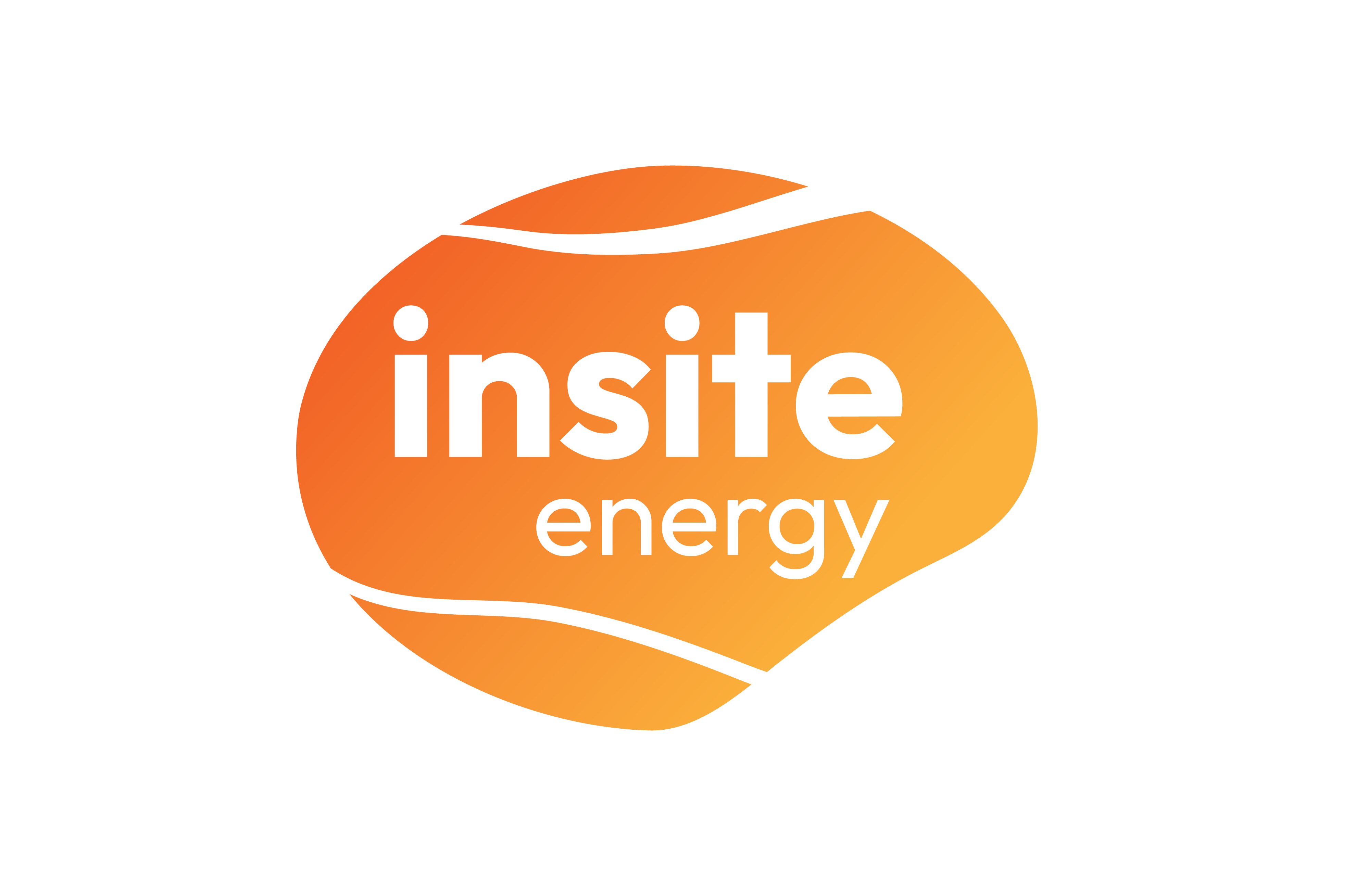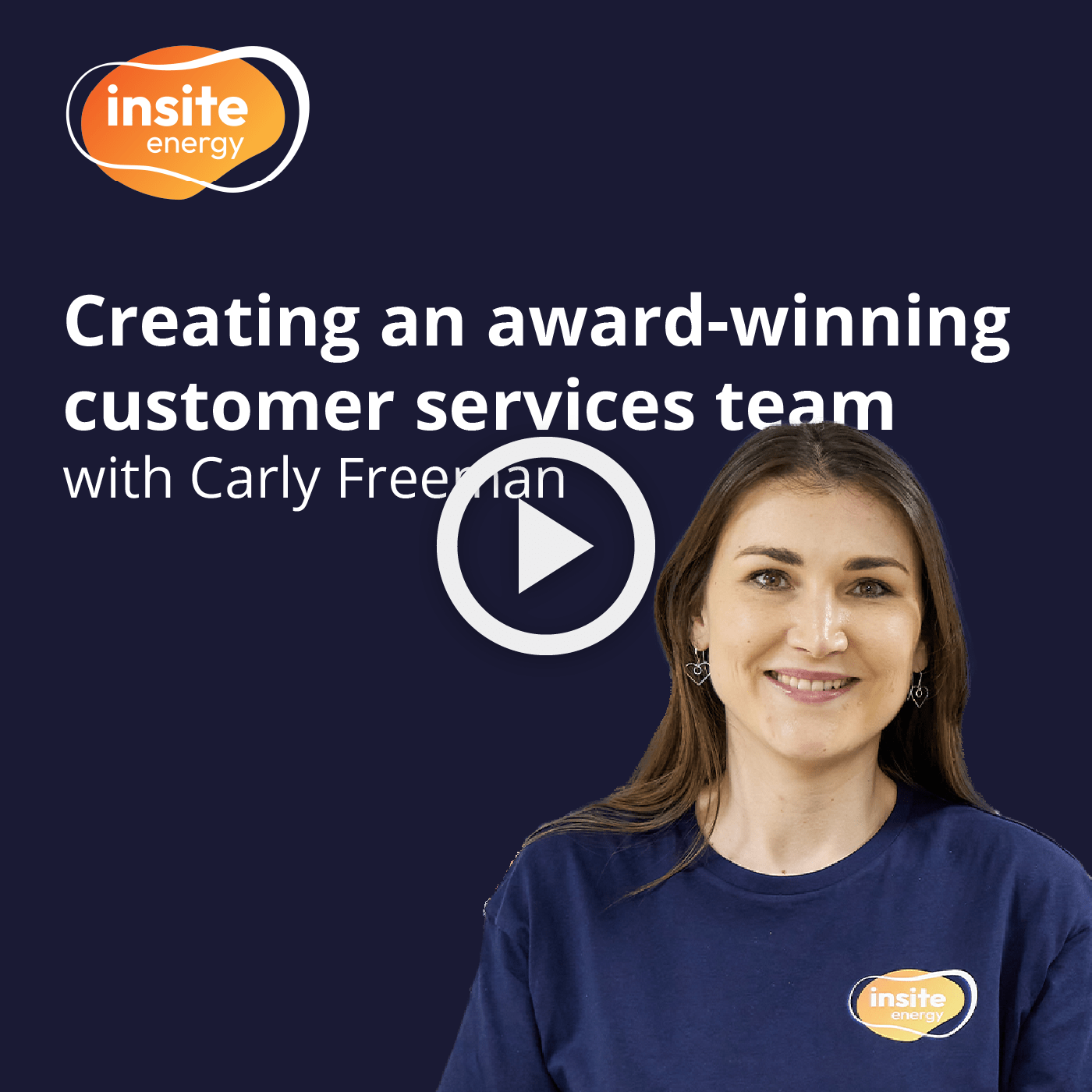
In conversation with Insite's Head of Customer Services: Creating an award-winning customer services team
16th March 2023Written by: Eelinn Vanquaethem, Marketing & Content Manager
Managing and promoting empathy in our customer services team is key to Carly Freeman’s road to success as Insite Energy’s Head of Customer Services.
In this interview, we explore how Carly has helped Insite to consistently hold the highest Trustpilot rating in the UK’s heat network metering & billing market. From building a strong and supportive team through to navigating a challenging energy crisis, Carly shares her insights that have helped to create an award-winning customer service strategy.
Listen to the Insites Podcast, episode 1: Creating an award-winning customer services team with Carly Freeman, Insite Energy's Head of Customer Services
Contents
2. How have you managed to improve our Trustpilot rating from 1.4 in 2019 to 4.7 in 2021?
3. What do you look for when hiring a new customer service advisor?
1. Why is customer service so important to Insite Energy and why should it be important to other companies too?
When I first started in August 2019, the customer service Insite Energy offered wasn’t great. There was a lot of employee turnover and a big backlog of complaints and ongoing issues. The main goal, when I started, was to improve that. We started with a rating of 1.4 out of 5 on Trustpilot. We did manage to turn that around.
Customer service is important as our customer service team is the first, and often the only point of contact, for our residents. In the current cost of living crisis, everybody is having a hard time, and I think our residents at the end of the day want someone to speak to who is empathetic, who knows how to have a conversation and who is able to solve their problems. The team manage to do that really well.
2. How have you managed to improve our Trustpilot rating from 1.4 in 2019 to 4.7 in 2021?
The most important point is recruitment. My main challenge at the beginning was to recruit a brand-new team. I looked for people who had the right attitudes, had a good personality, and were charismatic. We needed people who could hold a good conversation with a person and could build a rapport with residents over the phone. We did that straight off the bat. Our culture was there from day one, with a mentality of us all being in this together. Everybody was really motivated, and we just went from strength to strength.
Getting the 4.7 rating was easier than maintaining the score, especially with the cost-of-living crisis. But, again, it was about having the right people in the customer services team.
I think our company values have been important throughout the process too. I always talk about our values “one team” and “ownership” to the team, in one-to-ones and during training. I ask what they have done to support their fellow team members and what they have done for a resident that was going above and beyond.
We do, however, have to strive for a balance. The people in the team are the most amazing customer service advisors (CSAs). But, sometimes they can spend a little bit too long with the residents on the phone. If you’re spending 25 minutes on a call with one person, that means they can’t reach three other people. It’s all about finding that healthy balance of offering the best customer service possible, but also making sure we can answer all the calls that are coming into the call centre.
3. What do you look for when hiring a new customer service advisor?
At the interview stage, attitude and personality are key. We need somebody who can hold a conversation and is able to build that rapport with residents over the phone. Empathy is important too, but it’s really difficult to gauge that from interviews. Once people are hired and are part of the team, we coach them a lot around emotional intelligence and self-awareness.
We’ve had people in the team who have had issues with getting defensive on the phone; their tone can sometimes drop if someone is being rude to them. It’s then about coaching them through that journey. We get them to listen to themselves to help them understand the improvements they can make. Some of the team members have said that this coaching mentality has helped them improve other areas of their lives as well. They have said that their family has noticed changes in their emotional reactivity and that they are much more self-aware. We’ve even had some employees thank us for helping them on this journey of self-improvement. That’s really what has been key; helping the CSAs be the best versions of themselves without trying to change who they are as a person.
I think it’s important to work in an environment where you can be authentically yourself rather than working for a company that tries to mould you into a different version of yourself. We’ve been lucky to have people in the team who strive to be better. They listen to the feedback, digest it, and then actually make the necessary improvements.
4. Empathy is central to our customer service advisors. What does that look like to you and how do you encourage your team to be empathetic?
For me and the team, it’s being able to put ourselves in the residents’ shoes. It’s also important to help with their self-awareness. If somebody is having a difficult day, for example the resident might not be in the best place to have a phone call. I’ll often let the team know to not take things personally, and this helps the CSAs to remain calm, as they realise it’s not always about them if a call is difficult.
One of the things about our culture is that we have a team who genuinely care and respect each other. This ultimately feeds down to the resident. I really like that quote that goes something like: “A boss thinks the employees are present to serve them, but a leader is there to serve the employees.” It’s the kind of mentality we instill across the customer service team, from myself onto the team leaders into the teams. We always think: “How can we better support the team? How are we looking after them? Do they have everything they need to ensure they are able to offer the best customer service?”
It’s tough for customer service advisors, especially in the cost-of-living crisis. One of the things I hear the team say to residents is that we are all in the same situation. They’ll talk about their own energy bills on the phone. I hear them talk about heated blankets, how turning down the thermostat by 1 degree can result in cost savings. It’s about having those real conversations. It’s easy to see the positive feedback from those conversations in a lot of Trustpilot reviews, despite the fact that we are going through a cost-of-living crisis.
5. What has been the main challenge in the energy crisis and how are you and your team working to overcome this?
It has really been around the fact that we don’t control the heat tariffs. As metering and billing provider, we help support heat providers, our clients, with tariff calculations. Ultimately, residents assume that we set these tariffs ourselves and that we are able to make a profit from these increases, which is just not the case.
During the energy crisis, we took on a lot of resident feedback and tried our best to quickly improve on our resident communications to help them understand the increase in tariffs are due to an increase in gas prices. One of the biggest complaints across heat networks, not just for us, was the lack of transparency in how the daily standing charges and unit charges are calculated. That’s one thing we tried hard to turn around. We started to create tariff breakdowns to be 100% clear on what’s included in the calculation of their specific tariffs. It takes into consideration how efficient the heat network is, for example. The real issue is just a misunderstanding. So, we’ve tried our best to create this educational piece to help residents understand how it all works, rather than having residents think we’re just increasing prices to make money off it.
What’s nice about Insite is that we are a small to medium enterprise (SME). We can listen to feedback. It’s so helpful to hear people’s feedback and what changes they think are necessary to help us do things better. We have had so many times, where we’ve been able to put those changes into actions to ensure residents have the best journey possible.
Bonus question: Has there ever been a time where you yourself experienced bad customer service and what would you have done to improve it?
One of the most recent examples I can think of is with my car insurance. Every year, they sent me an email with the price for the next 12 months. The last time it happened it was a lot higher than what I thought I should be paying for my car insurance. I responded to the email to try and understand why the price was so high, because I don’t really understand how car insurance works and how they calculate their quotes. I got a one line response from their customer service team, saying: “This is the best price we can offer.” There wasn’t even a “Have a good day” or some kind of positive phrase in there. I felt quite disappointed. I responded saying that I’d really like to understand why that is the best price they could offer me. I also explained I worked in customer service and didn’t think that a one line response was sufficient. I gave them a bullet pointed list of how I think they could improve their email response too. Safe to say, they never replied.
Funnily enough, I ended up changing car insurance companies and found a much cheaper quote elsewhere. I just thought to myself, if a resident emailed Insite with similar feedback I had sent, it would have been a completely different story. Most of the time, when residents give feedback, the CSAs pass it on to me. I take the time to respond to the resident on the back of that. In this situation, for example, I would have probably responded with: “We are sorry for the lack of explanation and should have included that so customers can understand how it works. I’ll give feedback to the relevant CSA.” I never got that explanation, and I still don’t understand how they calculate quotes.
Great customer service is about the acknowledgement that you are never going to be able to get it right 100% of the time. By learning and building on current processes, you are showing that you take feedback seriously. Sadly, that never happened with my previous car insurance provider.
Answers in the written version of the blog post have been edited for readability.



